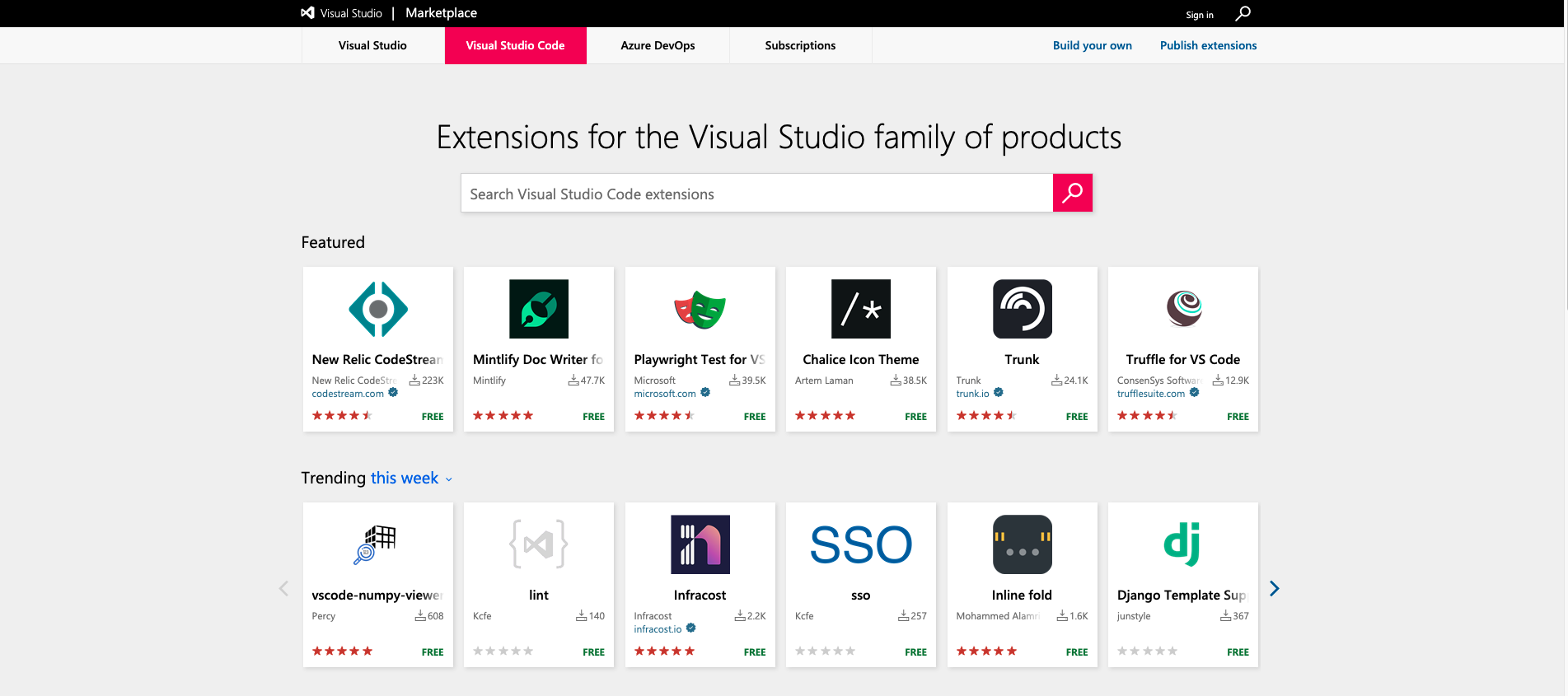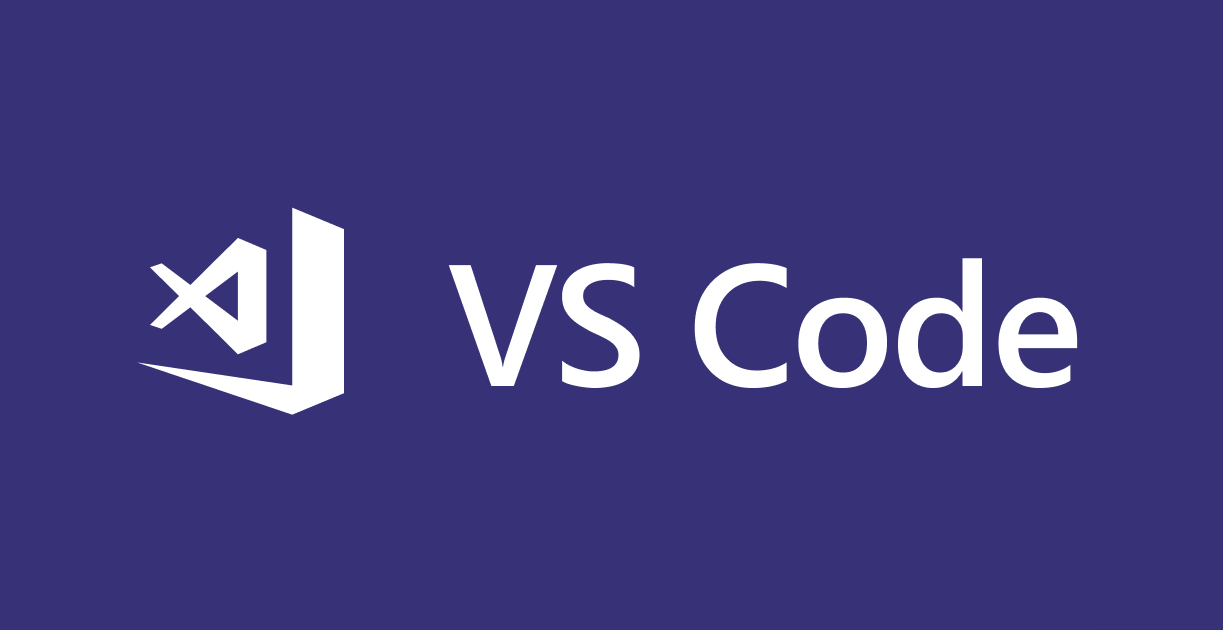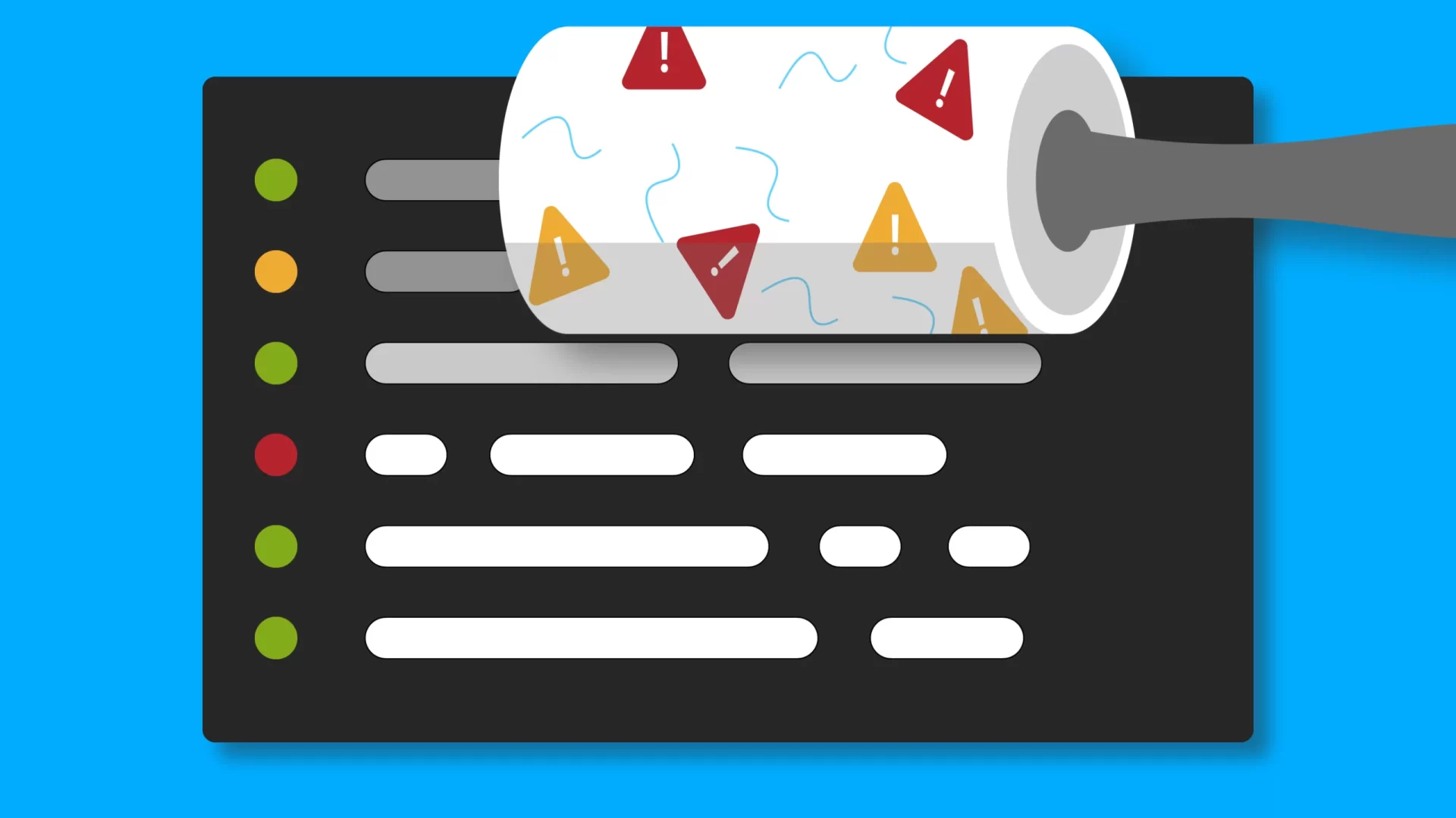Code quality tools are designed to help developers and teams maintain healthy codebases, promote consistency, and catch potential problems before they become real issues.
Code quality tools are essential in the development of software, serving as the vigilant sentinaries that ensure your codebase is not only efficient and bug-free but also adheres to the best practices and standards of coding.
These tools can enhance the maintainability, readability, and performance of the software you develop, making the codebase more accessible and easier to manage for both current and future developers. One of their primary goals is to ensure standards throughout the codebase across all your teams.
These tools are classified by different types, for example, based on the way they analyze code or the kinds of checks they perform. Here’s a breakdown of common code quality tool types, focusing on their primary objectives:
Static Code Analysis Tools
Goal: Analyze code without executing it to find issues that could lead to errors, crashes, or inefficiencies. To analyze source code for potential errors, code smells, and security vulnerabilities without executing the program. These tools help enforce coding standards and best practices, ensuring high-quality code and reducing the risk of bugs.
These tools focus on:
- Code Style and Formatting: Enforce consistent rules for spacing, indentation, naming conventions, etc., improving readability.
- Potential Errors and Bugs: Look for logic problems, unhandled exceptions, type mismatches, and other common flaws.
- Security Vulnerabilities: Search for patterns that could introduce exploits like SQL injection, buffer overflows, or improper input validation.
- Code Complexity: Evaluate how hard code is to understand and maintain, helping identify areas in need of refactoring.
Dynamic Code Analysis Tools
Goal: Analyze code while it’s running in a test environment. These tools focus on:
- Code Coverage: Measure how much of the codebase is executed by tests, ensuring thorough testing.
- Profiling: Identify performance bottlenecks, pinpointing slow functions or processes.
- Memory Analysis: Detect memory leaks, inefficient usage, and potential memory-related crashes.
Code Review Tools
Goal: Facilitate a collaborative and structured process to examine code changes proposed by developers. They help:
- Enforce Quality Standards: Ensure changes meet the team’s coding guidelines before they’re integrated.
- Catch Subtle Errors: Provide a forum for other developers to spot potential problems that automated tools might miss.
- Share Knowledge: Offer mentorship and code improvement suggestions, raising overall code quality.
Software Composition Analysis (SCA) Tools
Goal: Analyze your code for third-party components (libraries, frameworks) and highlight known vulnerabilities or licensing issues in these dependencies.





Comments